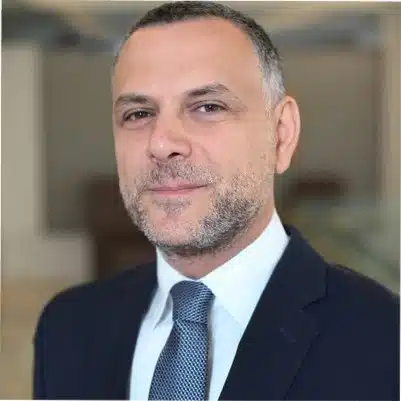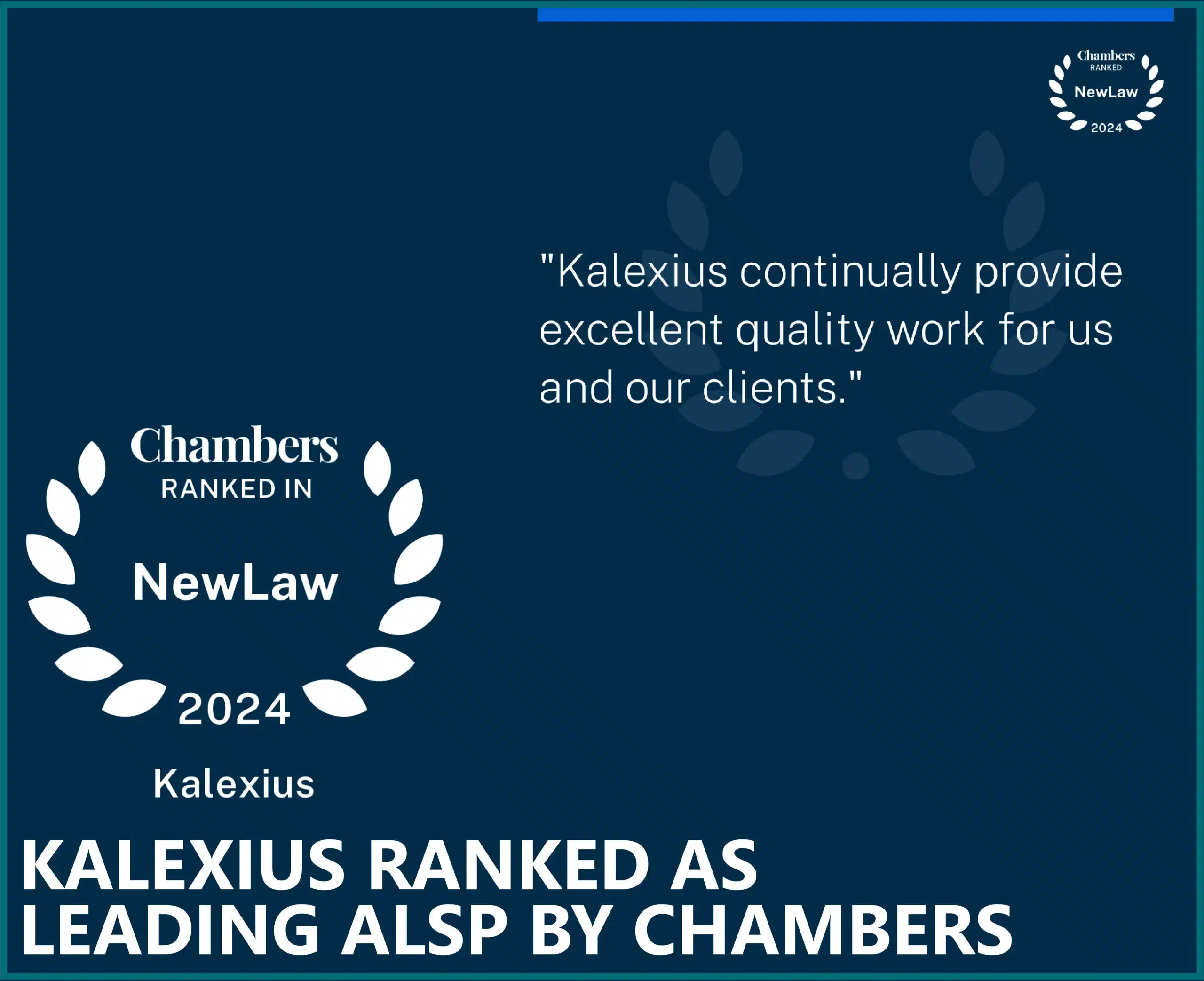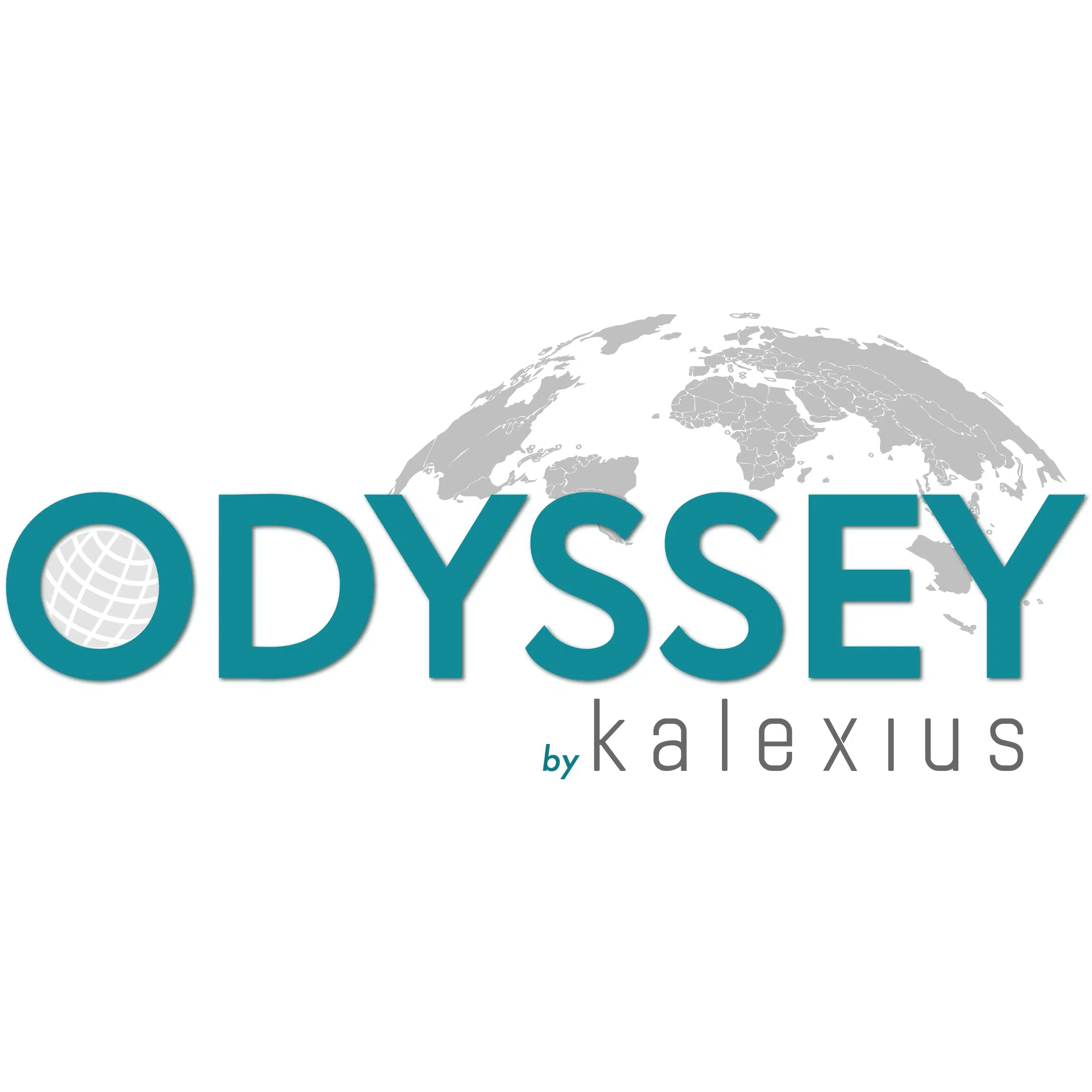"AI is not going to replace lawyers, but, rather, help them. We need to embrace it, of course, using common sense and putting appropriate safeguards in place."
Rozan Simoni is General Counsel and Corporate Secretary for North America at COFCO International. COFCO International is a global commodity trading company headquartered in Geneva, Switzerland. They source, process, trade and distribute grains & oilseeds, sugar, coffee, cotton and ethanol, reaching six continents, while employing 11,000 across the world.

Tell us about your background.
I’ve worked for COFCO International as General Counsel & Corporate Secretary – North America for over five and a half years. I oversee all of the legal affairs of the company in North America (USA, Canada and Mexico). I am also a member of the management team for the North America operations.
Prior to this, I used to be an M&A and business lawyer with Bryan Cave Leighton Paisner LLP, a global law firm. I went back to the law firm life after an in-house stint with a multinational company headquartered in Seville, Spain, with a global portfolio in green infrastructure, commodities, energy, and water sectors.
The agrifood sector is a leader in innovation on all fronts, how does the Cofco legal department build on this appetite for evolution?
You are correct – the agrifood industry is leader on the innovation front, and COFCO International is right in the middle of it, participating as a key player in the new initiatives being launched that are transforming the way we do business in our industry.
For example, in the U.S., COFCO International is currently a participant in an industry-wide National Grain & Feed Association (NGFA)-led Barge Digital Transformation (BDT) Solution. This is an administrative utility for the U.S. grains industry and enables users to house, develop, and distribute the documentation associated with the grain barge trade.
Basically, it is a blockchain-like platform to store digital barge documentation data and help with the flow of documents involving all the counterparties within the string of barge applications.
Prior to this platform, the barge trade generally relied on original documents being delivered to counterparties. By being part of this solution, we and other participants are achieving some tremendous benefits. This includes direct cost savings, as it is cheaper to subscribe to being a user within the application than to handle daily Fed-Ex fees to mail physical documents for barges to counterparties all over the country. We eliminate “the mailing of documents” step in the transaction process, thereby creating efficiencies and increasing the speed of the transaction. The process also facilitates a faster payment to a counterparty, errors are spotted early on and the platform helps eliminate disputes among the parties as all the documents are stored online. Finally, by reducing paper, it leads to a more sustainable ecosystem for conducting business in our industry.
All and all, BDT Solution is a great way to incorporate technology and revolutionize the way we do business in our industry, and we are proud to participate in such an innovative process.
The explosion of technology – legal and otherwise – can seem overwhelming, leaving legal teams unsure of what to use or where to start. What are some of the key opportunities and challenges arising from the tech revolution for legal teams?
The opportunities are there for every lawyer in-house to see and grab, as they are enormous in magnitude: by jumping into, and adopting tech revolution, legal departments can streamline their delivery of legal services, decrease the time they spend on repetitive tasks, and focus their resources on other, more complex and strategic matters for the company.
The most challenging aspect of this tech revolution we are witnessing is figuring out what legal tech tool works for your legal department and what does not – what is efficient, and what is not – what is cost effective, and what is not. It can be daunting, and, indeed, overwhelming, to sift through numerous vendor pitches, and try to determine the differences in services their provide, scope, delivery, etc., and asses their credibility, especially for the new market entrants.
Also, it is time-consuming to determine which legal tech vendor to invite for an opportunity to present in front of you, given the sheer number of hits you get from them, for different legal tech products they offer. Personally, I get multiple sales pitches, daily. Lawyers are relying on word of mouth and recommendations from trusted colleagues and friends to give a particular vendor a chance to pitch in front of them.
Finally, you need to find the time to actually listen to those pitches, which can also be difficult, given the busy daily agendas of in-house counsel. However, we have to make the time, or, a legal department risks falling behind, and becomes, in a way, archaic in the way it delivers its legal services.
AI is the talk of the town, especially as content generation tools keeping popping up. Do you foresee any significant gains or risks for legal teams?
Absolutely. By adopting AI, in-house legal departments will have at least two easy gains.
First, we do not have to pay a law firm anymore for basic legal research and writing and accompanying Memos. Recently, anecdotally, I heard that a junior lawyer spent significant hours doing legal research on a legal issue, only for a particular AI tool to get it done in less than a minute, giving the almost exact answer to the legal question posed to the junior lawyer.
Second, we can use an AI tool now to draft emails, articles, etc. Just these two tools alone will release in-house counsel to focus on other more important and significant business and legal issues for the company, while, at the same time, reducing outside legal spend, a win-win.
On the other hand, outside counsels will have to address interesting ethical dilemmas that the use of AI poses: how accurate is the information provided by AI tools, and, can you use it as your own – i.e. by using it, are you claiming someone else’s content, and, in fact, raising intellectual property and other ethical issues along the way.
These are some interesting questions, and, I am sure BAR associations across the country are currently thinking about them, and how to address them in a balanced way, that encourages innovation, but, also, protects valuable rights of the content creators, amongst other considerations.
As the legal sector tries to keep up with a rapidly moving landscape, how do you think legal can or will evolve?
In-house legal departments have no choice but to evolve – they will have to embed new tech tools in order to better service their internal clients. With the arrival of ChatGPT, and its competitors like Bard, I anticipate slow, methodical, but radical changes in the way legal services are delivered in-house from now and on.
To begin with, AI will provide, inter alia, increased efficiencies, quicker service, less redundancy, and will spur innovation in our field. New legal tech companies will emerge, existing ones will have to embrace AI and adopt it (if not already), and lawyers (newer and older generations) will have to train themselves on how to use and incorporate AI in their daily work.
While I do not foresee that I will stop from picking up the phone to call a trusted legal advisor on a particular issue I am facing, or utilize them for complex, and/or significant legal issues or transactions, I also foresee having quick answers to some basic questions to everyday legal issues to become available through AI in an instant via a tech tool at my disposal, including an application on my iPhone.
I believe that the beauty of our profession is the intersection of the old with the new – old school values with new tech that enables us to enhance our ability to deliver legal services in a rapid, efficient, but professional and competent manner.
Bottom line: AI is not going to replace lawyers, but, rather, help them. We need to embrace it, of course, using common sense and putting appropriate safeguards in place, which will need to address legitimate concerns such as confidentiality, ethics, and compliance with the regulatory framework that will follow.
You recently introduced a new internal communication channel. How and why did this come about and what are the benefits of this initiative?
The global legal department recently launched a Global Legal Journal. The purpose of this journal is to further enhance legal and compliance awareness of our co-workers across all of the jurisdictions in which COFCO International operates.
Members of our global legal department all over the world contribute to the Journal with short articles about new developments in the legal and compliance world, summaries of new laws or regulations affecting our business in a particular jurisdiction, or a writeup of a significant transaction in which our company has been engaged in.
It has been well received internally across our global outposts. The idea was born while our legal team was brainstorming in London during our annual gathering in the fall of last year. Our Chief Legal Officer embraced it, we developed a game plan, and, we launched our first issue in March of this year, and we are looking to hit print to the second edition pretty soon.
Besides the educational aspects referenced above, the Journal also showcases the contributions of the legal department to the daily operations of the company globally, and, it can be educational to our other colleagues within the company who may understand better, through storytelling, the actual contributions of the legal department to the company, and, often, to its P&L.
It is also a great way for members of our own legal team to keep an eye on new developments around the globe, from a legal and compliance perspective – being part of a global company, often legal issues arise that cross borders, and affect our operations across multiple jurisdictions.
I am especially excited to read about the accomplishments of my colleagues around the globe, and the exciting projects they are a part of, and what our company is doing to grow, engage with local communities, and address significant contemporary issues such as ESG, or other.


